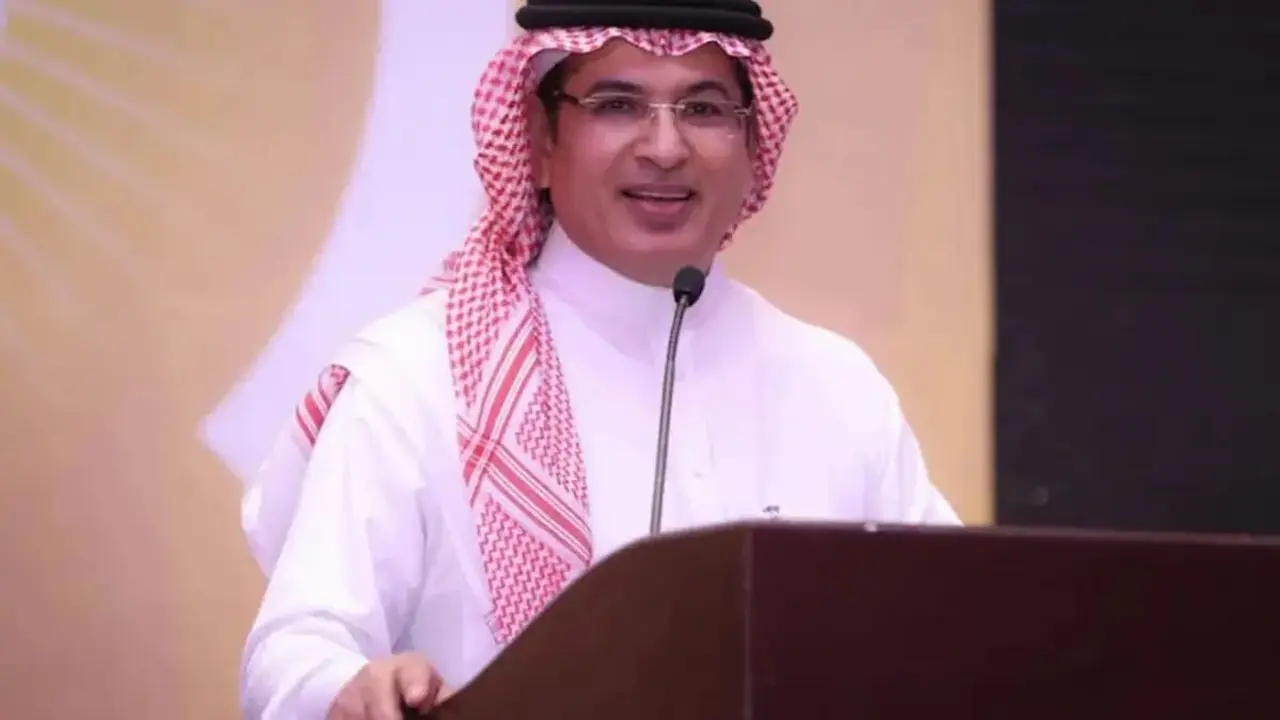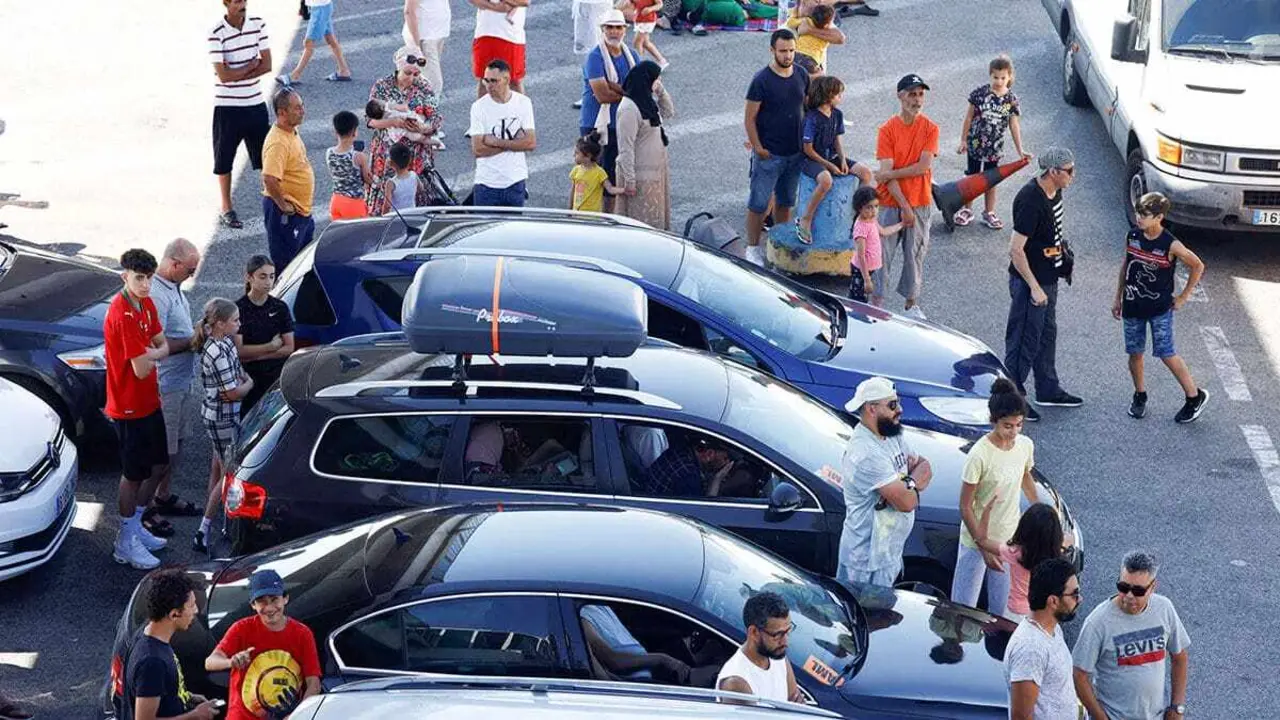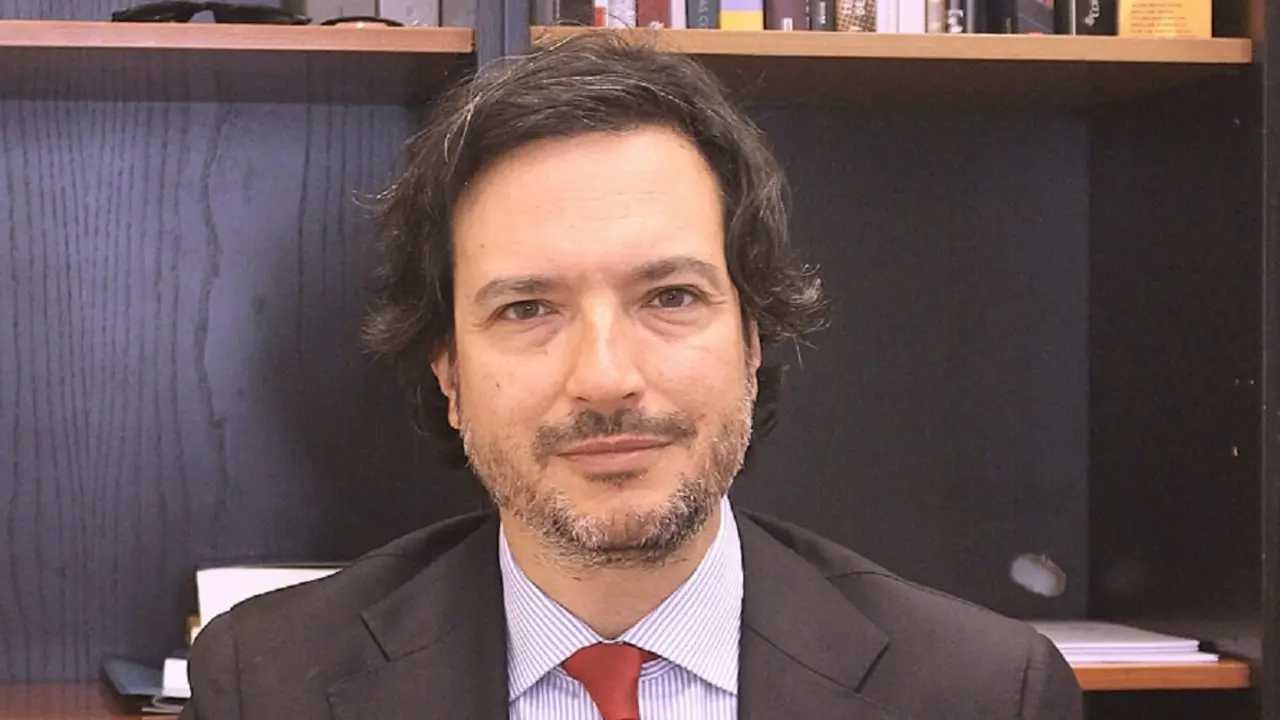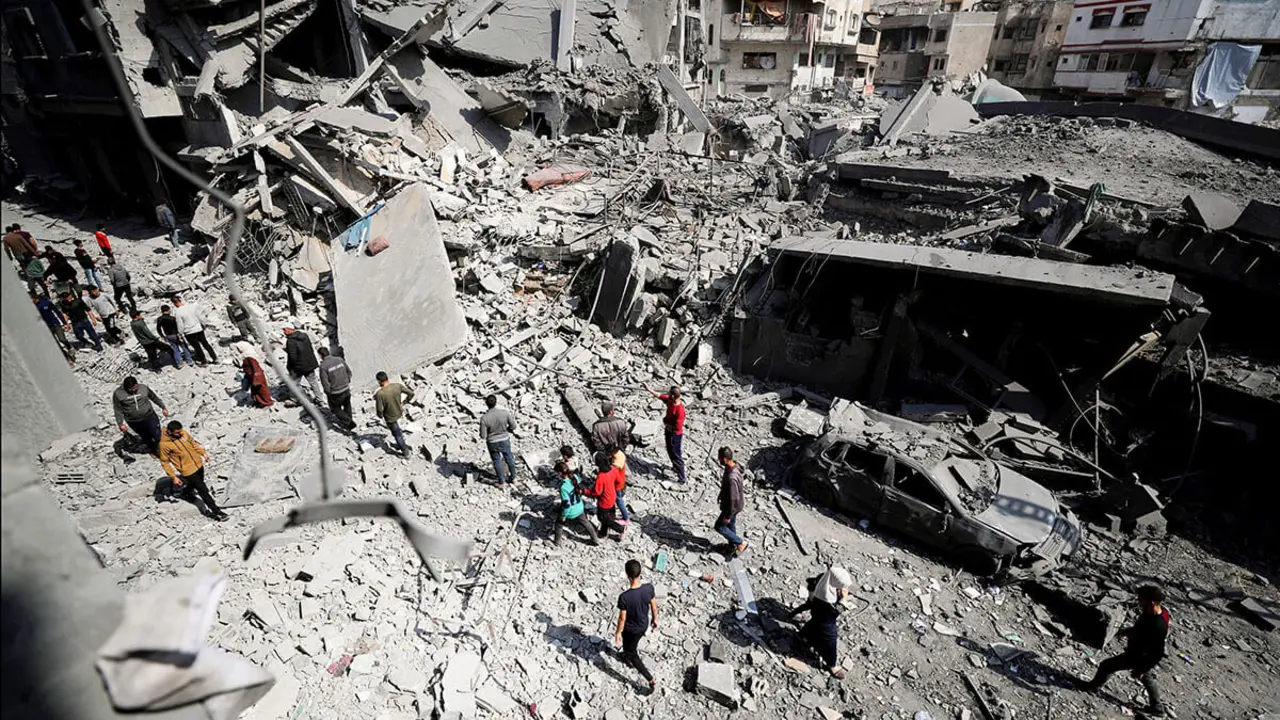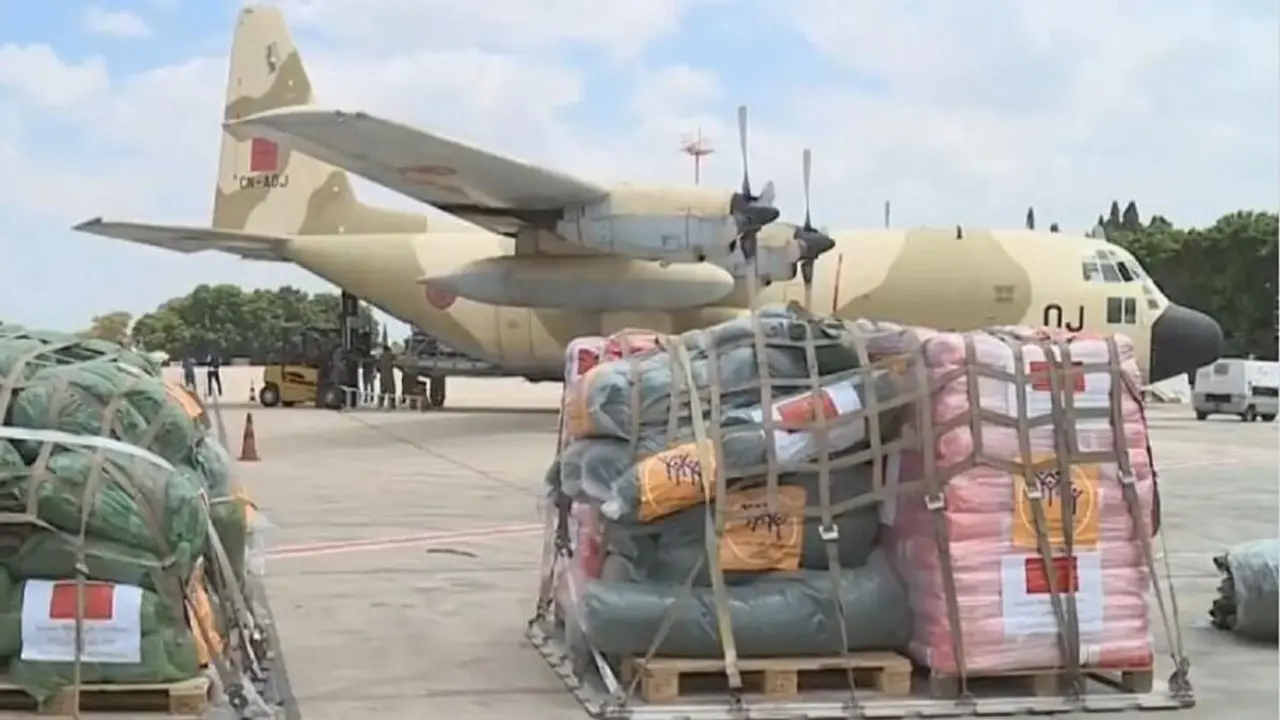A restricted military committee in Algiers studies scenarios for overcoming the crisis

The institutional crisis that is developing in Algeria has led the military leadership to foresee all the possible scenarios that could arise from President Abdelmayid Tebboun's illness and his confinement to hospital in Germany.
The financial precariousness stemming from the fall in oil prices and the bumps caused by the pandemic, together with the challenge launched by the Algerian people who deserted the referendum ballot boxes to reform the constitution, have placed the North African country in the most delicate crisis since its independence in 1962.
The only organised and structured force in the country, the military, which had so far attempted not to appear in the front line of the country's political leadership since 1965, when Colonel Huari Bumedien at the head of a Council of the Revolution overthrew President Ahmed Ben Bella, with the exception of 1992 when a High Council of State was formed to fill the gap created by the annulment of the legislative elections in which the Islamic Salvation Front was to win, is being forced to resume its role of leading the country.

According to the generally well-informed digital newspaper Algérie Part, a restricted military committee of high-ranking generals is meeting every afternoon at the headquarters of the army general staff in Algiers to monitor developments. This military committee is made up of the Chief of Staff Said Chengriha; the Commander of the Republican Guard Benali Benali; the Commander of the first military region to control the capital, Ali Sidane; the Army Controller General, Mustafa Udjani; the head of the Directorate General of Internal Security, Abdelghani Rachedi; and two other heads of department of the Ministry of Defence. In all, seven generals under the command of Army Chief Said Chengriha.
The digital Algérie Part points out that all possible scenarios are on the table, "from the most pessimistic to the most optimistic", and that the Military Committee "does not exclude any alternative".
The Algerian military leadership continues to be reluctant to take the lead and assume the country's political direction. And this is despite the fact that in principle it enjoys the support and sympathy of broad sectors of the population. The massive abstention in the referendum on the new Constitution is interpreted as a frontal and widespread rejection of the political class and the republican institutions, which are accused of ineptitude if not corruption, except for the National People's Army, which still retains a certain aura of professionalism and patriotism.

Given the circumstances, the establishment of a High State Committee bis, similar to the one formed in 1992 to guarantee political continuity and allow the transition to a state based on the rule of law, is not excluded. This would join the essential demands of the popular movement Hirak, which for over a year and a half has generated massive demonstrations throughout the country demanding change.
As for the international agreements signed by Algeria, particularly those relating to gas and oil supplies, the military's arrival on the political scene would be a sign of support. Indeed, the production of hydrocarbons, the security of deposits, transport by oil and gas pipelines and their exports have been supervised by the army for decades. According to the aforementioned Algerian sources, in the coming days and weeks the current situation could change radically.


